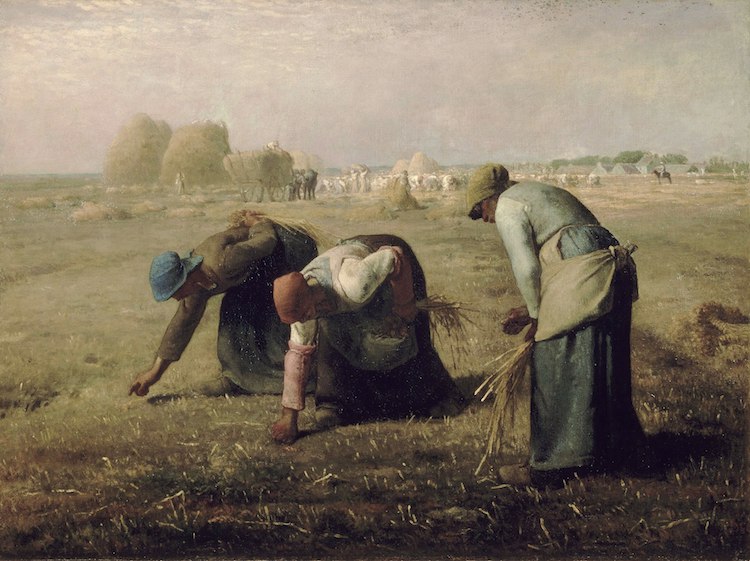7.5 Science and Intellectual Developments from 1815-1914
2 min read•may 12, 2020
Bretnea Turner
AP European History 🇪🇺
335 resourcesSee Units
Realism and Naturalism
Realism was an art movement in the 19th century that depicted a darker side of the physical world and human life in opposition to romanticism. One prominent Realist was Emile Zola. He wrote on alcoholism, prostitution, adultery, labor strife, illness, and he will come to the defense of Captain Dreyfus for the anti-Semitic charges against him during the Dreyfus Affair.

Naturalism focuses on scientific observations and facts to challenge imagined or supernatural explanations. Naturalists felt it was their duty to use scientific objectivity and detached observation to reject romanticized views of life by the middle class. Naturalists and Realists wanted to remove the illusions of a perfect life.
Modernism
Modernists believed the old culture of the Realism movement was obsolete, but agreed that the middle class morality needed to be challenged. Modernists used the arts and literature to paint new pictures of the reality of life including war, a thematic focus in literature, loneliness within society, and economic hardship.
Some challenged the belief that rationality is the highest intellectual form. Friedrich Nietzsche, a German philosopher, argued that it is equally important for humans to seek heroism, emotion, ecstasy, and artistic achievements in unison with rationality. Simply focusing on rationality robs humans of their complex abilities.
Branching off the idea of humans being extremely complex, some philosophers sought to study beneath the surface issues of life. Sigmund Freud, an Austrian scientist, studied how and why people behave the way they do. He studied the behavior of children to discuss the internal organization of the human mind and how we develop moral and behavioral standards. He also studied the subconscious through dream and thought analysis.
🎥 Watch: AP European History - 19th Century -isms
Browse Study Guides By Unit
🎨Unit 1 – Renaissance & Exploration
⛪️Unit 2 – Reformation
👑Unit 3 – Absolutism & Constitutionalism
🤔Unit 4 – Scientific, Philosophical, & Political Developments
🥖Unit 5 – Conflict, Crisis, & Reaction in the Late 18th Century
🚂Unit 6 – Industrialization & Its Effects
✊Unit 7 – 19th Century Perspectives & Political Developments
💣Unit 8 – 20th Century Global Conflicts
🥶Unit 9 – Cold War & Contemporary Europe
🚀Thematic Guides
📝Long Essay Questions (LEQ)
📆Big Reviews: Finals & Exam Prep

Fiveable
Resources
© 2023 Fiveable Inc. All rights reserved.